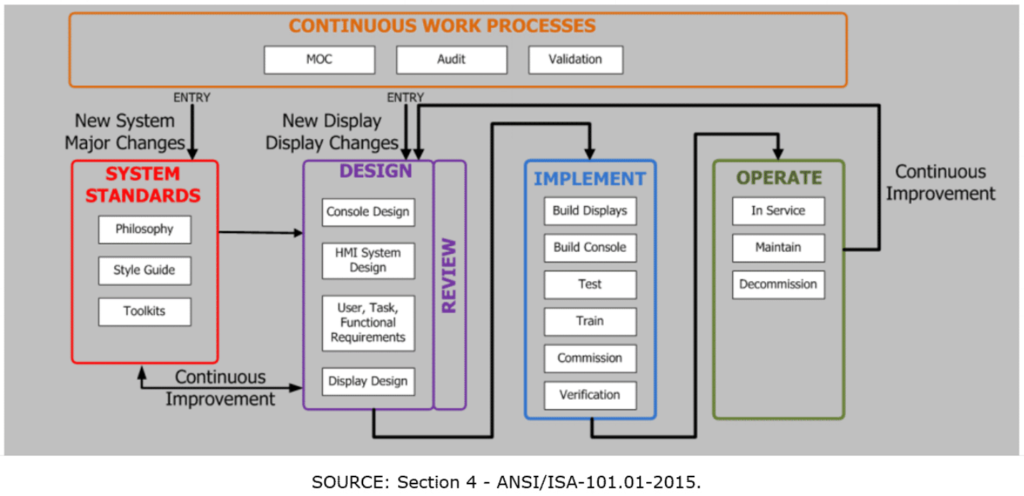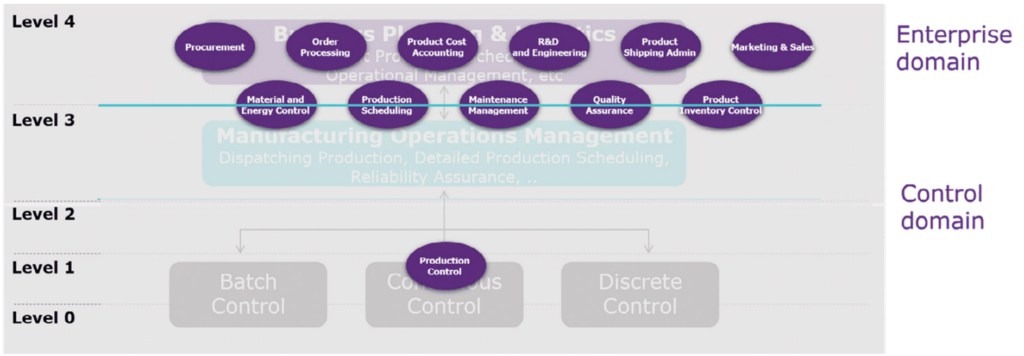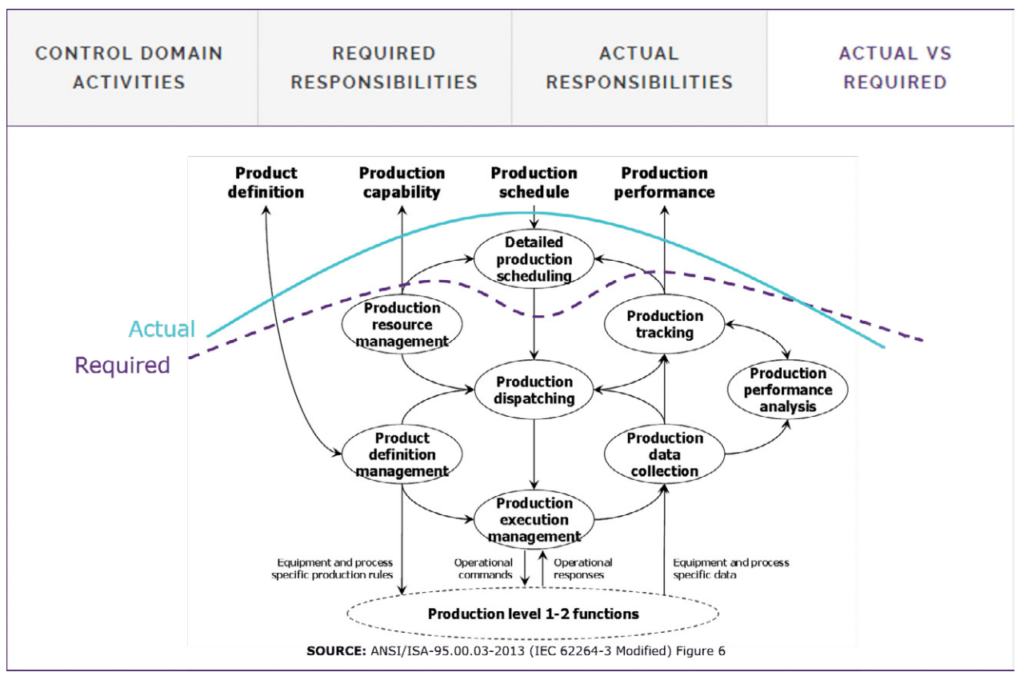Course 1D
Communication, Integration, and Software
7 Modules | 21 hours
This course section includes several modules on industrial networks, digital field protocols, manufacturing operations management, database management, and historian software. Each module covers specific learning objectives, such as understanding the principles behind different protocols, network component configuration, and manufacturing execution systems. The modules also aim to teach the advantages of database management systems and the need for data security, as well as the purpose of historian software and available solutions.
This course offers
- Access from any device
- Certificate of completion
- 21 hours online course content
Module: 180 | Network Configuration Principles
This module aims to give you a clear understanding of the principles behind industrial networks and network configuration.
The learning objectives of this module are that you will be able to explain:
- the benefits of both cable and wireless networks
- network component configuration
- network diagnostics and network management

Module: 190 | Introduction to Industrial Digital Field Protocols
This module aims to give you a clear understanding of the principles behind industrial digital field protocols and the implementation of these communication protocols between field equipment, digital controllers, and various software suites.
The learning objectives of this module are that you will be able to explain:
- Why digital field protocols are necessary for industry applications
- The main protocols used in industry such as Foundation Fieldbus, HART, Profibus, and Ethernet/IP.
Module: 200 | Overview of Industrial Communication Protocols
This module aims to give you a clear understanding of the principles behind industrial digital field protocols used to link process control and plant automation modules.
The learning objectives of this module are that you will be able to explain:
- why industrial communication protocols are necessary for industry applications
- the main protocols used in industry such as BACnet, LonWorks, OPC, and Ethernet TCP/IP
Module: 210 | Introduction to Manufacturing Operations Management
This module aims to introduce you to the concepts behind Manufacturing Operations Management (MOM) and how it relates to other concepts such as digital thread, digital twin, and Manufacturing Execution Systems.
The learning objectives of this module are that you will be able to define or describe:
- Manufacturing Operations Management activities
- The typical business drivers for integration of systems
- The six parts of the International Society of Automation (ISA) ISA-95 standard
- The level 3-4 boundaries and information flows
- Manufacturing Operations Functions
- Information flows from the enterprise domain functions to the control domain functions and vice versa

Module: 220 | Introduction to Manufacturing Execution Systems
This module aims to introduce you to Manufacturing Execution Systems and how decisions are made regarding which systems should be governed by the control domain (i.e. Production and Operations) or the enterprise domain (i.e. Business).
The learning objectives of this module are that you will be able to explain:
- the variety of computer systems used for manufacturing
- how control responsibility can be defined
- sample lines of technical integration (ie. how systems will be implemented along boundary lines)
- what typical MES vendors have to offer
- enterprise asset management

Module: 230 | Database Management
This module aims to give you an overview of the concepts relating to databases and database management.
The learning objectives of this module are that you will be able to explain:
- key advantages of a Database Management System (DBMS)
- the need for data security and data quality
- the basic principles of designing databases
- interacting with databases to run and generate reports
- special requirements of real-time databases
- key activities to maintain databases
Module: 240 | Introduction to Historian Software Platforms
This module aims to give you a clear understanding of the purpose of historian software as well as examples of what historian software vendors offer.
The learning objectives of this module are that you will be able to explain:
- the purpose of historian software
- the typical sources of data for a historian
- a number of example historian solutions available in the market

